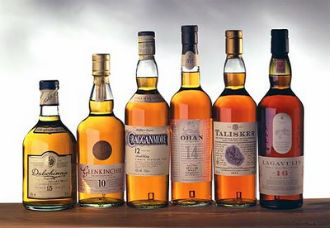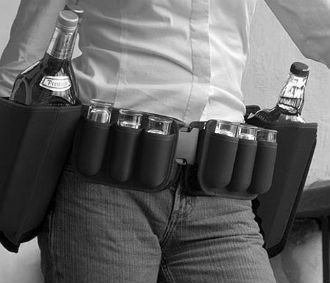 Sales of Scotch whisky in the UK have declined 12 percent over the last five years and the Scotch Whisky Association has pinned the blame for the slump on the alcohol duty escalator. In 2012 Brits bought 90 million bottles of whisky, down from 102 million in pre-recession 2007.
Sales of Scotch whisky in the UK have declined 12 percent over the last five years and the Scotch Whisky Association has pinned the blame for the slump on the alcohol duty escalator. In 2012 Brits bought 90 million bottles of whisky, down from 102 million in pre-recession 2007.
The escalator increases the duty on whisky by two percent above inflation every single year and to make matters worse the 2013 Budget also featured an increase in duty of 5.3 percent, reports Tax-News.com.
The Scotch Whisky Association says tax accounts for 80 percent of the total retail price of a bottle of whisky. Furthermore, beer is not covered by the escalator, hence the association believes the exemption unfairly distorts the market, as whisky lovers are paying 48 percent more duty than beer guzzlers. The association is now calling for the duty escalator to be scrapped altogether.
“There is no justification for spirits being taxed more heavily than beer. After more than half a decade, the Government should review the duty escalator rather than maintain the mantra that it should run for the remainder of this Parliament. The escalator will further depress the volume of sales of Scotch whisky in the UK,” said Gavin Hewitt, chief executive of the SWA,
The Scotch Whisky Association pointed out that the Scotch whisky industry supports 35,000 jobs across the UK, including quite a few in economically deprived areas, i.e. Scotland.






